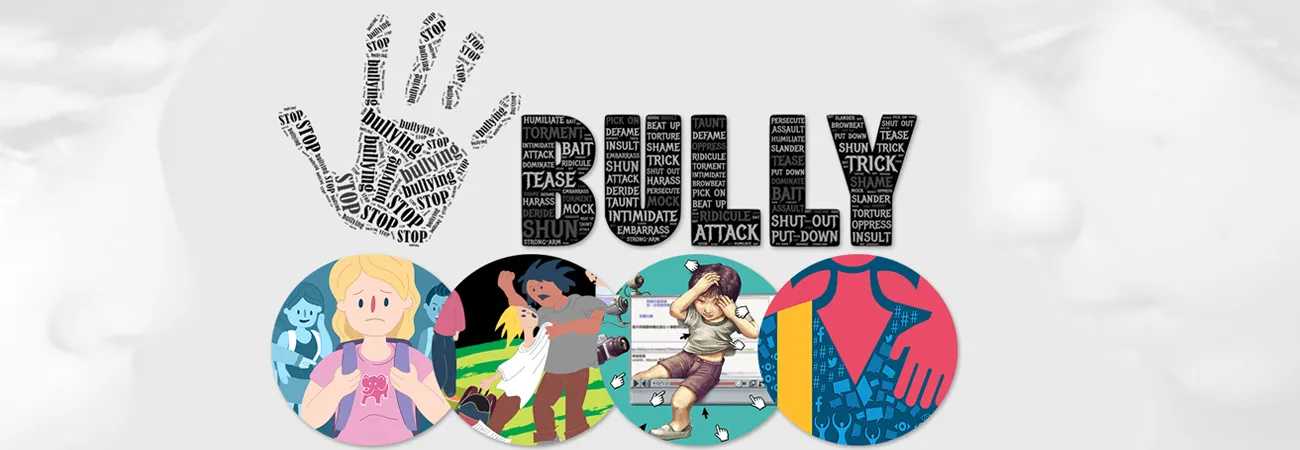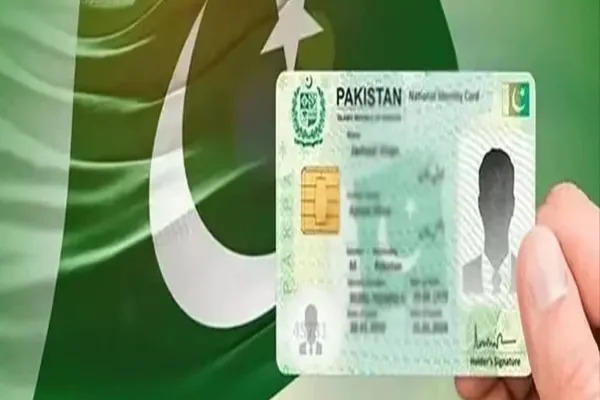i NEWS PAKISTAN
By: Asifa Zehra
We grapple with the concept of a national sport in Pakistan. Is it the passionate pursuit of hockey throughout our lives, or perhaps our unwavering love for cricket? Perhaps the answer lies not in a specific game, but in a deeply ingrained cultural habit: bullying and trolling. This pervasive behavior goes beyond age, time, and location. From top officials like prime ministers, ministers, and parliamentarians to ordinary citizens, everyone feels free to engage in it whenever the opportunity arises. Bullying, a global phenomenon affecting countless individuals, takes on a particularly aggressive form in Pakistan. People are bullied repeatedly throughout the day, often targeted for their appearance with insults like "Mr. Bean," "bald," "Charsi," or even gender-based slurs. Cyberbullying, which surrounds online abuse, manipulation, threats, and rumor spreading, has become a prevalent issue in our society. This worrying national tendency of bullying is rapidly spreading and having a damaging impact.
Studies show that bullied children and youth experience feelings of shame, sleep disturbances, low self-esteem, anxiety, depression, and academic struggles. The long-term consequences can be even more horrifying, leading to chronic depression, suicide attempts, substance abuse, and difficulty forming healthy relationships. Take a deep breath and look around. What is your assessment of our society? When news scandals erupt, our youth, instead of seeking truth, often resort to blaming others, fueling the cycle of accusations and online bullying. A recent example is the online trolling of Shahid Khan Afridi, where prominent journalists and self-proclaimed YouTubers participated, further blurring the lines between fact and fiction. This isn't an isolated incident. Politicians, the army chief, and even our martyrs who sacrifice their lives for us haven't been spared from online trolls. Millions of Pakistanis are now online! Over 72 million people in Pakistan use the internet, making it a major player in the digital world.
However, with this growing online community comes a growing concern about safety. Pakistan has become the 5th biggest market for mobile phones in all of Asia. It is pertinent to mention here that in 2023 alone, the FIA received over 13488 complaints about online crimes! These included people stealing money online, creating fake accounts to trick others, stealing someone's identity, spreading lies to hurt someone's reputation, hateful messages, threats of harassment, and even black mail, another group called the Digital Rights Foundation (DRF) runs a helpline for people who are being harassed online. They received 75 cases of online harassment against journalists and over 2500 Cases of Digital Harassment in year 2022. This culture of negativity fosters a breeding ground for societal ills. Young people, bombarded with bullying both online and offline, struggle to thrive in academic and professional settings. Their ability to engage in healthy competition withers under the constant barrage of negativity.
This toxic environment is a contributing factor to the alarming rise in youth crime, including robbery, rape, drug addiction, child abuse, and even murder. Research from Research Gate indicates a disturbing trend: individuals targeted by cyberbullying are nearly twice as likely to consider suicide. Furthermore, a survey reveals that nearly 90% of Pakistani university students have experienced cyberbullying, with those from higher socioeconomic backgrounds being even more vulnerable. These statistics paint a bleak picture, highlighting the urgent need to address the issue of bullying in all its forms. Far from harmless, bullying and trolling are deeply implanted in Pakistani society, particularly among those who hold positions of authority. These individuals, who should be setting examples of respectful behavior, frequently resort to derogatory comments about female politicians and rivals. A prime example is Ali Amin Gandapur, whose history of bullying is well-documented. Even as Chief Minister of Khyber Pakhtunkhwa, he stooped to threatening remarks about Maulana Fazlur Rehman to sent him mental-asylum.
These incidents, readily available online, send a dangerous message that such behavior is acceptable. Tragically, this culture of bullying has had disastrous consequences. The case of Dr. Amir Liaquat, a prominent figure who took his own life following a privacy breach, exemplifies the potential for e-security violations to fuel harassment and mental health struggles. This highlights the urgent need to tackle cyberbullying and all forms of online abuse, especially when perpetrated by those who govern power and influence. This cycle of negativity must be broken. How can we expect our society to change and our youth to behave with tolerance when our own leaders appealing to bully? The government's attempt to silence critics by banning social media platforms following the February 8th events was an ineffective solution. The answer lies not in censorship but in establishing a legal framework that addresses intolerant behavior. We need a clear distinction between criticism, bullying, trolling, and free speech. Our society is a ticking time bomb, and we must act before it explodes.









